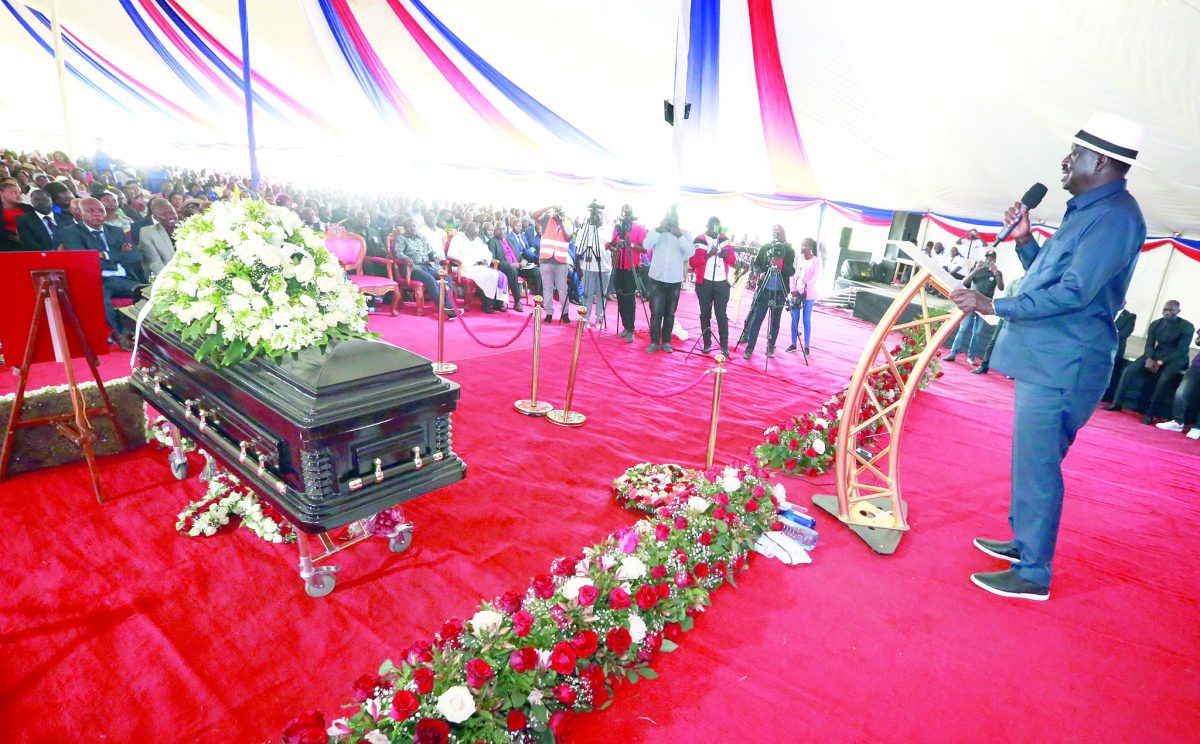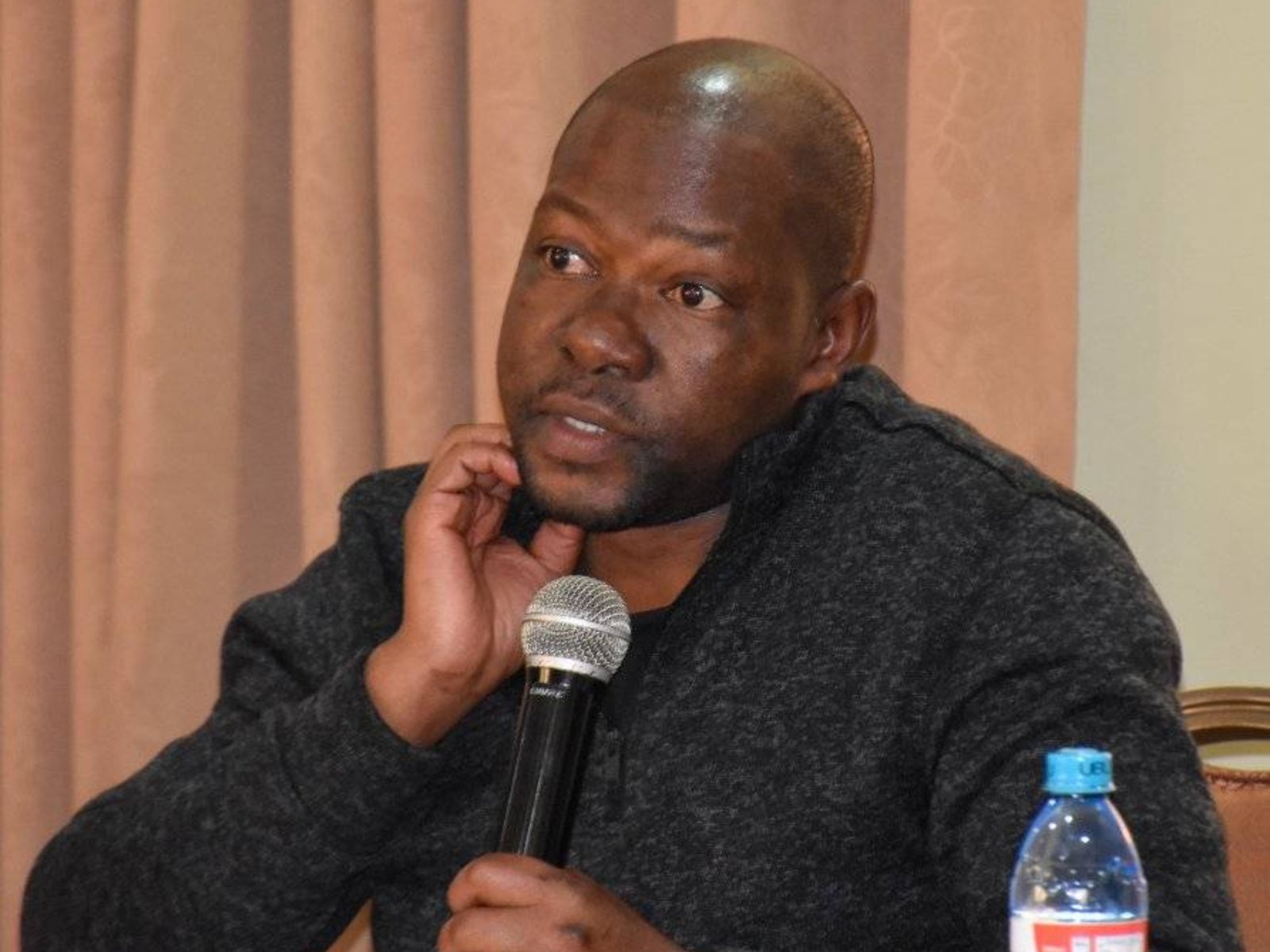African tradition of reverence for the dead is under assault

In the May 9 edition of People Daily, Prof Levi Obonyo published an opinion piece titled “Media coverage of the dead needs new rules”, focusing on the recent murder of Kasipul MP Charles Were and the media’s handling of the story.
While I agree with Prof Obonyo that media coverage of the dead requires greater objectivity, I question his suggestion that media should silence those who have spoken out about alleged wrongs committed by the late MP.
Prof Obonyo argues that “social etiquette posits that, of the dead let no evil be said”, citing African traditions of reverence for the dead and the need for peaceful rest. However, this perspective ignores the broader sociopolitical context driving extensive media coverage and social media commentary.
MP Were belonged to a political class widely blamed for fostering impunity in Kenya. Those who use their lifetime to lord it over others with violence must expect unfavourable posthumous coverage that discomforts their families.
In MP Were’s case, persistent claims exist about a woman who disappeared in his custody. If she is dead, why should her life and death be ignored while the MP’s receives utmost respect? How can we ask the disappeared woman’s family to remain silent just to ensure the MP receives a respectable send-off?
Society recognises clear double standards in public service, including security, employment, health, and education. Regarding victims of the late MP, the DCI has remained silent about ongoing investigations, conducting no inquest into the woman’s disappearance. Meanwhile, the agency’s investigation of MP Were’s murder was swift – within a week, several suspects were in custody.
The African tradition of reverence for the dead that Prof Obonyo references assumed a fair society. This tradition permits those owed by the deceased to use the mourning period to settle accounts or explain themselves, potentially appeasing the dead’s spirit. The family whose relative reportedly disappeared can be deemed creditors of the deceased MP – they are justified in claiming what they are owed.
Kenyans should address larger questions of impunity and truth suppression by those wielding power. As a colleague noted during heated online discussions, claims against the MP appeared suppressed until his death removed that obstacle.
While African norms face disruption, Kenyans aren’t addressing root problems. When public administration instruments become tools for the powerful to dominate the powerless, the oppressed find solace in speaking out when it becomes safe. This sad reality demands deep reflection.
The media’s role in covering controversial deaths reflects deeper systemic issues. Rather than simply enforcing respectful silence about the dead, we must examine why such posthumous revelations emerge and address the conditions that create them. Only by confronting impunity and ensuring justice for all can we restore genuine reverence for both the living and the dead.
The author is a Freelance Writer based in Mombasa; mianokihu@gmail.com













